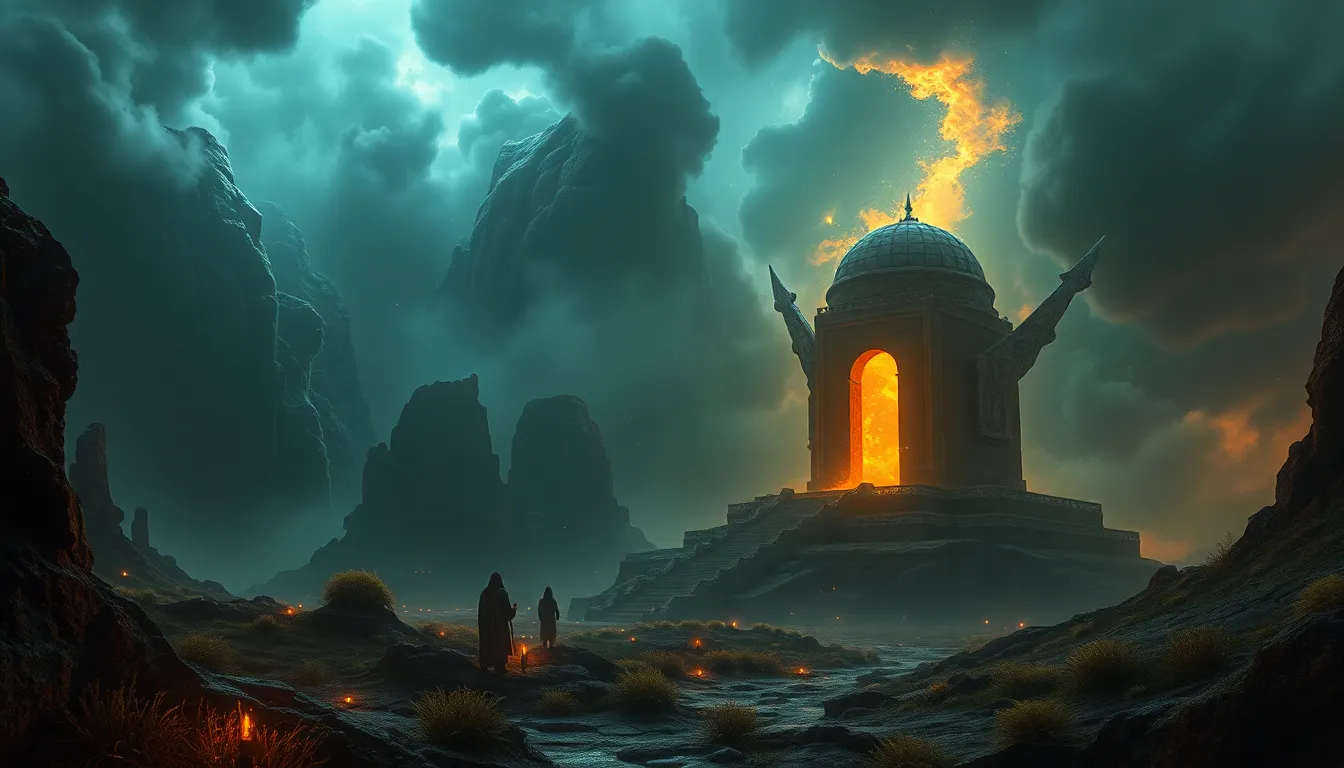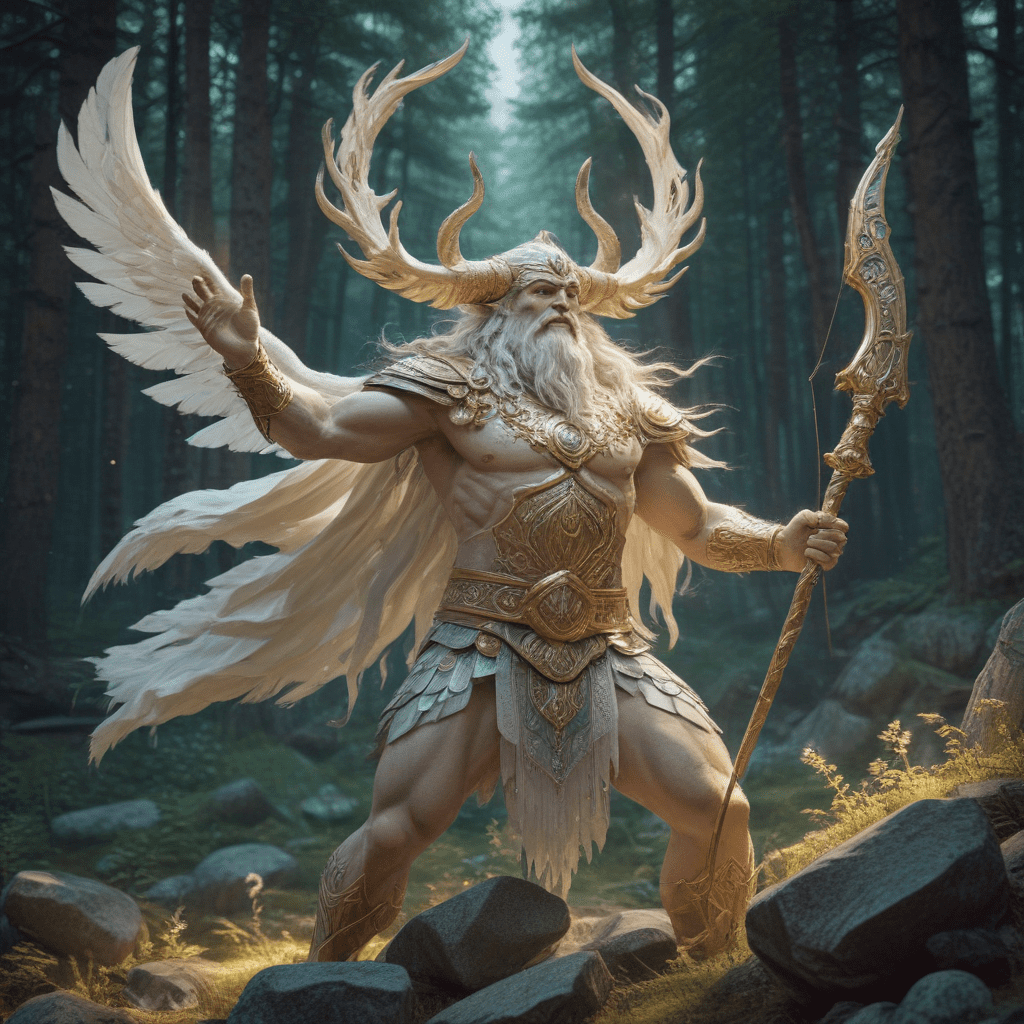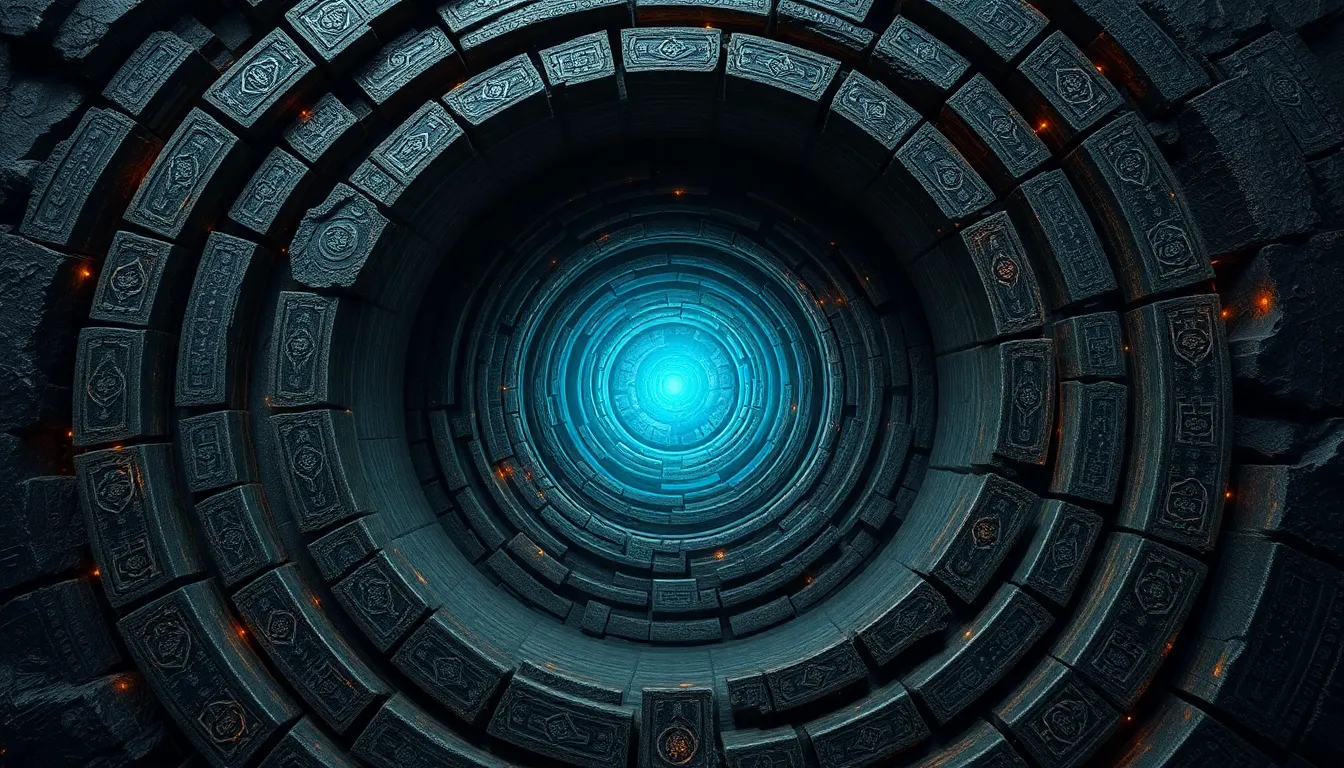Divine Tools of War: 6 Weapons That Make Gods and Heroes
I. Introduction
Throughout history and mythology, divine weapons have played a pivotal role in shaping the narratives of gods and heroes. These extraordinary armaments not only symbolize immense power but also reflect the values and beliefs of the cultures that revered them. From epic battles to significant divine interventions, these weapons have served as catalysts for change, embodying the eternal struggle between good and evil.
This article aims to explore six legendary weapons from different mythologies, delving into their origins, characteristics, and the profound impact they have had on both divine and mortal realms.
II. The Concept of Divine Weapons
Divine weapons can be defined as extraordinary armaments imbued with supernatural powers, often associated with deities or legendary heroes. Different cultures have interpreted these weapons through various lenses:
- Symbolism: Divine weapons often represent justice, power, and the embodiment of a deity’s will.
- Power: They possess abilities that surpass mortal comprehension, often changing the tide of battles and fate.
- Balance: These weapons frequently illustrate the struggle between good and evil, serving as tools for both protection and destruction.
III. The Thunderbolt of Zeus: The Power of the Sky
The thunderbolt, known as the weapon of Zeus, is a symbol of authority and power in Greek mythology. Often depicted as a jagged bolt of lightning, it showcases the raw energy of the sky and the fury of storms.
In historical context, Zeus is the king of the Olympian gods, representing law, order, and justice. His thunderbolt has been used to assert his dominance over other gods and mortals alike, often intervening in battles to ensure the outcome aligns with his will.
The impact of the thunderbolt is profound; it has been said to strike fear into the hearts of enemies and to empower allies. This weapon symbolizes divine retribution and the might of the heavens.
IV. Excalibur: The Sword of Destiny
Excalibur, the legendary sword of King Arthur, is steeped in myth and enchantment. Its origins vary, with some tales suggesting it was forged by mystical beings or given to Arthur by the Lady of the Lake. Excalibur is not merely a weapon; it signifies rightful sovereignty and the ideals of chivalry.
Associated with the legendary King Arthur, Excalibur represents the perfect balance of power and responsibility. Its symbolism extends to leadership, suggesting that true rulers must wield their power with honor and integrity.
The sword embodies the hero’s journey, illustrating the connection between destiny and sacrifice, and it’s often seen as a beacon of hope for the oppressed.
V. Mjölnir: Thor’s Hammer and Its Significance
Mjölnir, the hammer of Thor, is one of the most recognizable symbols in Norse mythology. Described as a mighty weapon capable of leveling mountains and summoning storms, Mjölnir is not just a tool of war but a symbol of protection and divine strength.
Thor, the god of thunder, wields Mjölnir to defend Asgard and humanity from giants and other malevolent forces. The hammer’s impact extends beyond physical combat; it represents the warrior spirit and the protection of the innocent.
Moreover, Mjölnir is a symbol of fertility and blessing, often used in ceremonies to sanctify marriages and births, highlighting Thor’s dual role as a protector and a provider.
VI. The Spear of Destiny: A Weapon of Prophecy
The Spear of Destiny, also known as the Holy Lance, is steeped in lore and mysticism. According to legend, this spear was used to pierce the side of Jesus during the crucifixion, making it a significant relic in Christian mythology.
Throughout history, various leaders and conquerors have claimed to possess the Spear of Destiny, believing it grants them divine favor and invincibility. Its historical claims often intertwine with the narratives of kings and emperors, suggesting that possession of the spear could alter the fate of nations.
The spear represents prophecy and divine intervention, suggesting that some weapons are not merely tools of war but instruments of destiny itself.
VII. The Trident of Poseidon: Mastery of the Seas
Poseidon’s trident is a powerful symbol of the sea, storms, and earthquakes in Greek mythology. Often depicted as a three-pronged spear, it grants Poseidon control over the oceans and the ability to create storms and calm seas.
As one of the principal deities of the Greek pantheon, Poseidon’s role extends beyond mere destruction; he is also a protector of sailors and fishermen. The trident symbolizes balance in nature, embodying both the nurturing and destructive aspects of the sea.
In battles among gods and against monsters, the trident serves as a weapon of overwhelming power, illustrating the significance of nature’s forces in the cosmic struggle between order and chaos.
VIII. The Bow of Artemis: The Goddess of the Hunt
Artemis, the goddess of the hunt and wilderness, wields a bow that is as legendary as she is. Her bow is often depicted as a beautifully crafted weapon, symbolizing precision, strength, and independence.
The significance of Artemis’s bow extends beyond hunting; it represents her role as a protector of nature and the embodiment of femininity and strength. As a goddess who defied traditional gender roles, Artemis’s weapon illustrates the power of women in mythology.
Through her bow, Artemis teaches themes of self-reliance, respect for nature, and the importance of guardianship, making her a potent symbol of empowerment.
IX. The Legacy of Divine Weapons in Modern Culture
The influence of these mythological weapons has transcended their origins, finding a place in modern literature, film, and games. From blockbuster movies depicting epic battles to video games featuring legendary heroes, these divine weapons continue to capture the imagination of audiences worldwide.
Moreover, their symbolic meanings resonate today, as themes of power, justice, and protection remain relevant in contemporary narratives. The legacy of divine weapons is a testament to the enduring nature of myth and the universal human experience of struggle and triumph.



